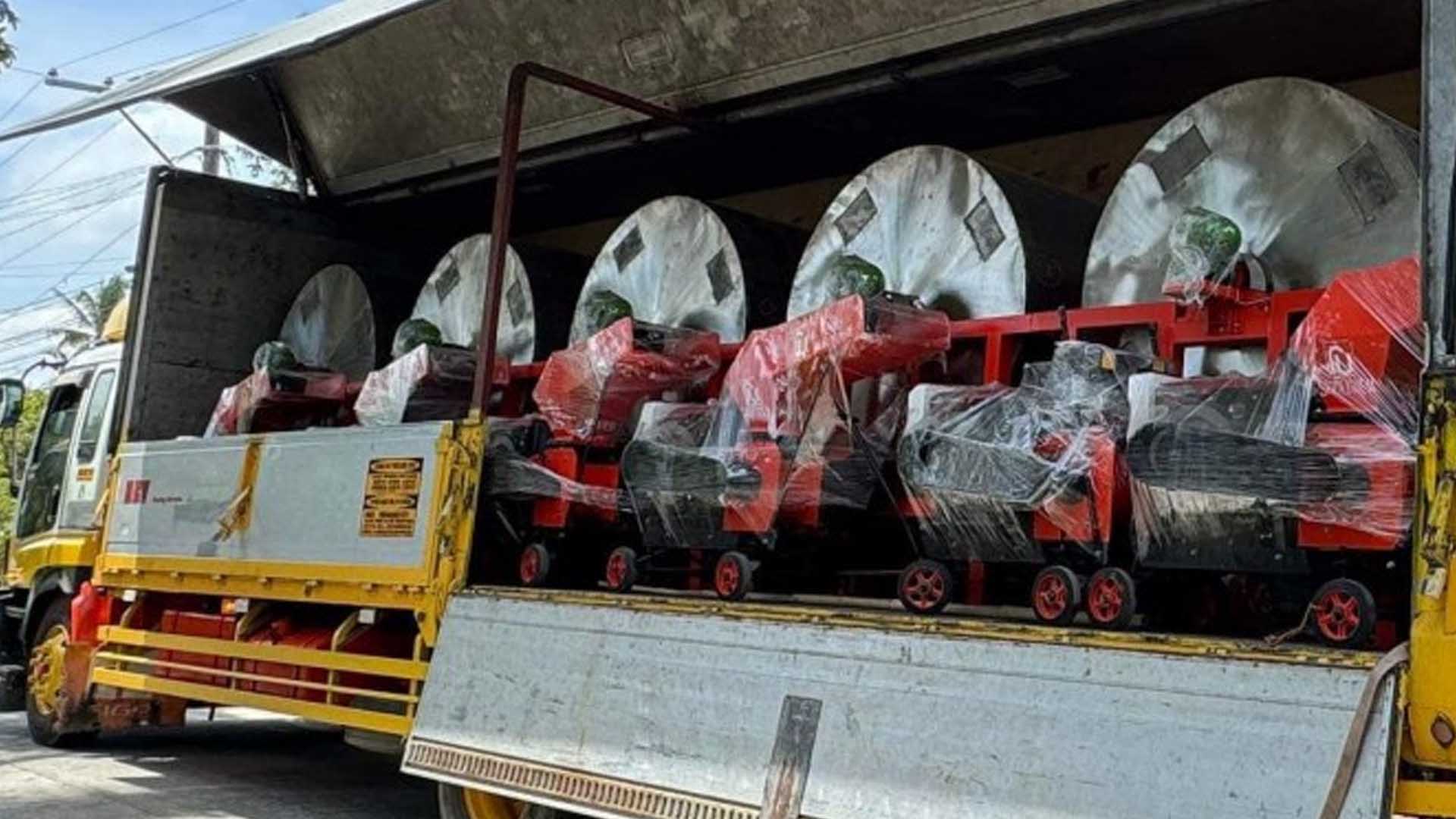Seven farmers groups in Bago City, the top rice-producing local government unit in Negros Occidental, received composting facilities for biodegradable wastes (CFBW) from the Department of Agriculture (DA) through the Bureau of Soils and Water Management (BSWM).
In a statement on Thursday, the Office of the City Agriculturist said the project is under the National Rice Program (NRP) allocation for 2023.
The distribution of each CFBW technology package, consisting of one unit each of rotary composter and shredding machine, started on Wednesday.
The recipients include the Tabucol Farmers Association, Barangay Bacong Farmers Association, Purok Katubuhan Agrarian Reform Beneficiaries Association, Calumangan Integrated Farmers and Farm Workers Association, Begonia Agrarian Reform Beneficiaries Farm Workers and Farmers Association, Sabala Irrigators Association Inc., and Negros Island Organic Producers Association.
According to the DA-BSWM, organic fertilizers from agricultural residues, such as rice straw, corn stover, and animal manure, are intensively used as alternatives to inorganic or synthetic fertilizers.
There is a need to set up facilities near markets, trading posts, and residential areas that will convert those wastes into organic fertilizers/compost for use by farmers, it added. (PNA)







